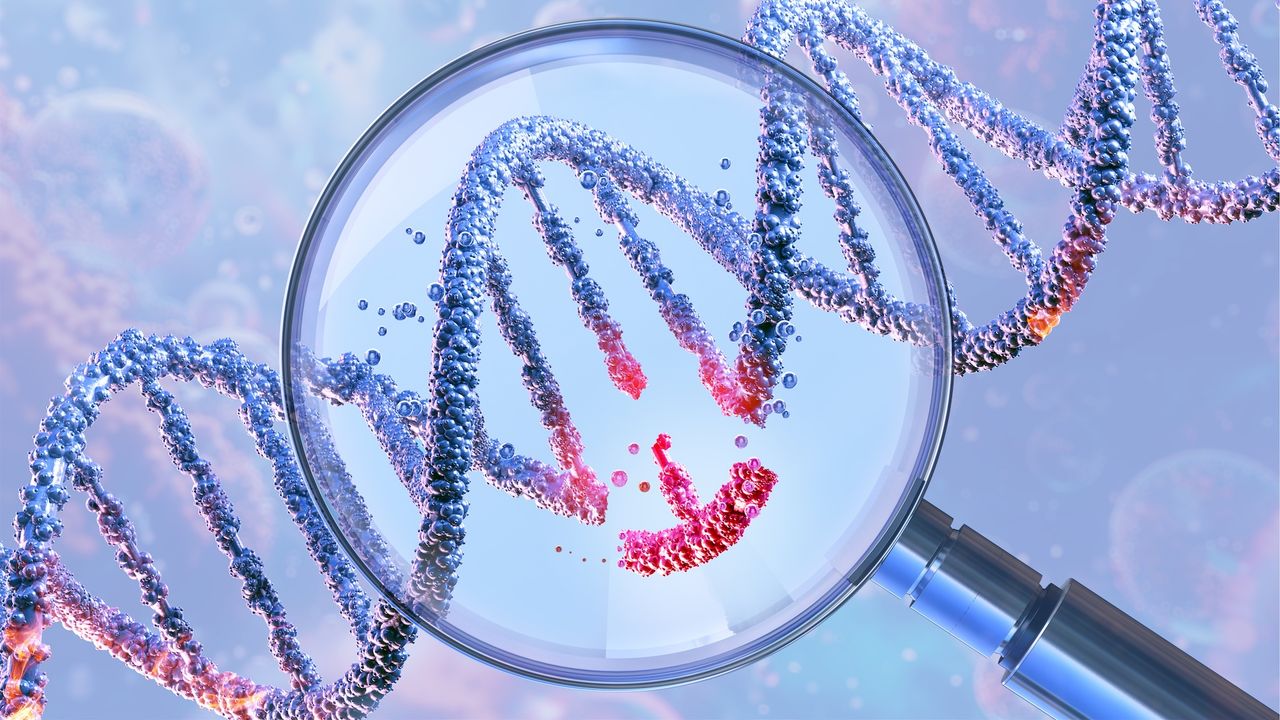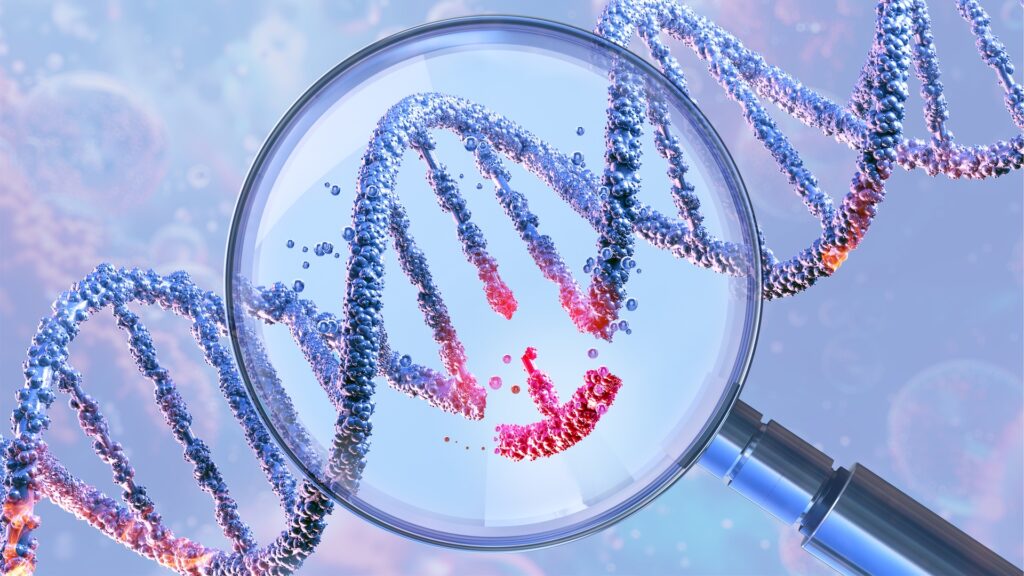
A man with type 1 diabetes has become the first patient to produce his own insulin after receiving genetically engineered cell transplants, without needing drugs to prevent rejection.
The case, published this month in the New England Journal of Medicine, marks a potential breakthrough in the treatment of the disease, which affects 9.5 million people worldwide.
Type 1 diabetes occurs when a patient’s immune system destroys specialized cells, called islet cells, in their pancreas that are responsible for producing insulin, the hormone that regulates our blood sugar levels. The condition can be managed with regular doses of synthetic insulin, but there is no cure.
Islet cell transplants can provide a longer-term supply of insulin for people with type 1 diabetes. However, after receiving a transplant, the patient’s immune system can recognize the new organ as a foreign object, triggering a response that can destroy the transplanted tissue. As a result, transplant patients must take immunosuppressive drugs for the rest of their lives, which leaves them susceptible to infections.
To overcome these hurdles, scientists in Sweden and the United States transplanted islet cells from a donor’s pancreas that had been genetically modified using CRISPR technology to suppress rejection by the recipient’s immune system. This is the first time the treatment has been tested on a human.
Related: CRISPR ‘will provide cures for genetic diseases that were incurable before,’ says renowned biochemist Virginijus Šikšnys
Twelve weeks after receiving the genetically-modified cells, the transplant recipient has continued to produce insulin without an immune response.
In their paper, the authors wrote that their study, although preliminary, suggested that genetically engineering transplant cells to evade the recipient’s immune system was a valuable tool for avoiding rejection of new cells or organs by the immune system.
In this new approach, the researchers used CRISPR to create three changes to the genetic code of the donated cells so that they were less likely to have an immune response.
Two of these edits reduced the levels of proteins on the surface of the cells that signal to our white blood cells about whether a cell is foreign or not. A third edit boosted production of a protein that discourages attack from other immune cells called CD47.
The genetically edited cells were then injected into the man’s forearm. His body left the modified cells alone and the surviving cells produced insulin as normal.
Although the man was given a low dose of the edited cells and will still require daily insulin treatment, the case suggests that the procedure can be done safely.
The researchers’ next step is to carry out follow-up studies to find out whether the cells can survive in the long-term, which would make management of the disease easier and potentially provide a cure. They also need to do further tests to determine whether the approach works in other patients.
